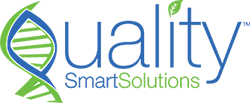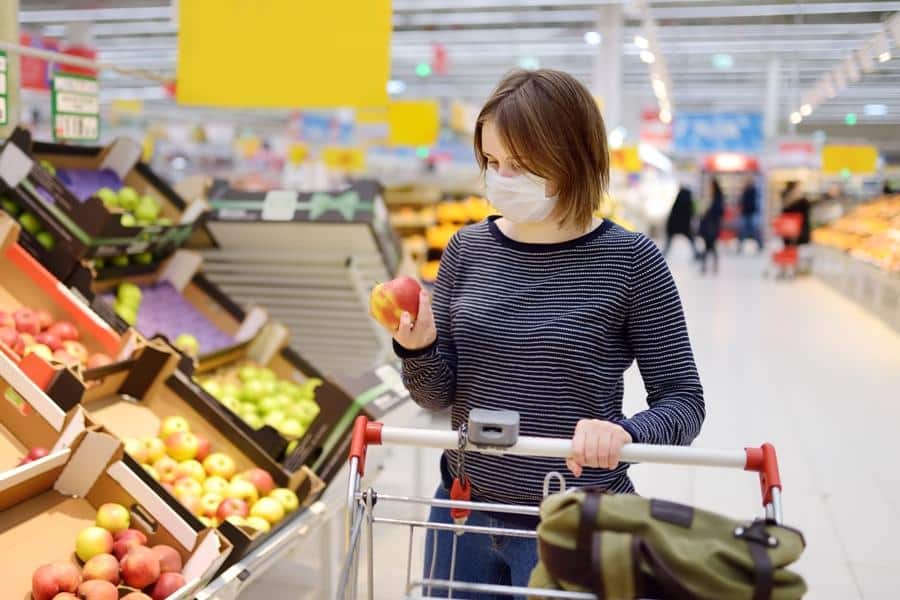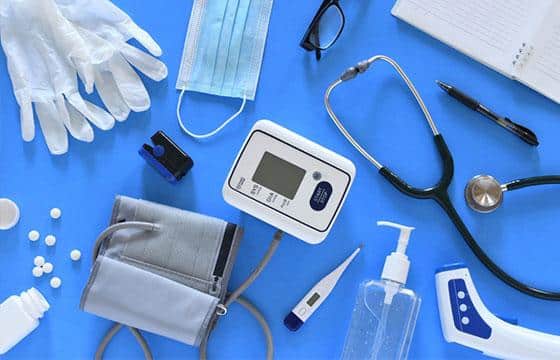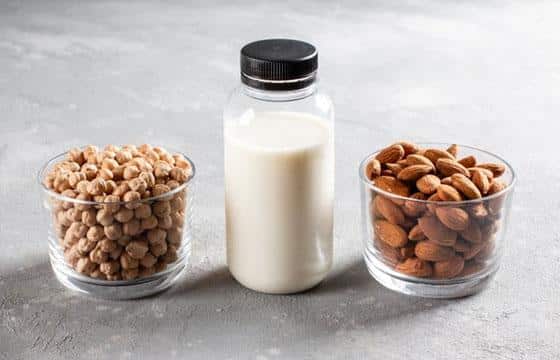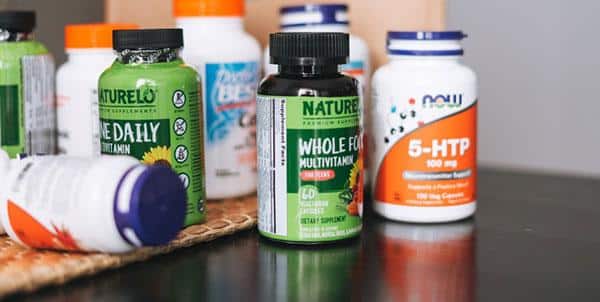
CFIA and Health Canada have been working on new Food Safety guidance documents pertaining to Novel foods focused on plant breeding. Two new guidance documents are available to aid in your company’s plant breeding compliance, these are:
- Guidance on foods derived from products of plant breeding.
- Guidance on the pre-market assessment of food products derived from retransformants of previously assessed genetically modified (GM) plants.
Health Canada’s approach is to:
- allow for modernization while maintaining the health and safety of our food supply
- keep the system product focused
- align with other nations
- ensure the oversight is risk-based
- narrow the regulatory interpretation and support safe innovative foods
These documents will be added as an appendix to the existing 2006 Guidelines for the Safety Assessment of Novel Foods and will refer to the Novel Food Regulations (Division 28, Part B of the Food and Drug Regulations)
Based on Health Canada’s thorough review of DNA inserted plants and those traditionally bred, there has been no noticeable safety concerns. Health Canada has become familiar with several species/techniques and have drafted these proposed guidance documents. The guidance is intended to be risk-based in nature and refer to mainly pre-assessed species. Novel product will still require a standard (410 calendar day premarket review)
Guidance on foods derived from products of plant breeding:
Health Canada has taken time to review historical and current methods of plant breeding. This article explains their understanding of current practices and how methods and modifications result in characteristics for GM plants.
Certain plant species will not require pre-market assessment as novel foods based on plant breeding. This will also list requirements for plant characterization explained based on any breeding methods used. Breeding has been used safely within our food supply for hundreds of years. Gene editing is becoming more common, and Health Canada has developed a ‘primer’ on gene editing within this new guidance. This primer is a summary of Health Canada’s understanding and stance of current gene-editing technology. Health Canada has reinforced their stance that altered plants are not likely to impact safety.
It would always be the responsibility of the applicant to prove and ensure the product is safe for consumption. As always, Health Canada will review each situation under a risk-based approach. Novelty requests can be submitted to the Food Directorate to obtain a written opinion from the regulator prior to market or prior to filing a premarket submission.
Guidance on the pre-market assessment of food products derived from retransformants of previously assessed genetically modified (GM) plants:
Should the parent plant have already undergone premarket assessment as a retransformant plant, this guidance will help industry use that plant to make future generations. This will help industry compare their plants to already approved variants with a new premarket process that is more straightforward and expedited. This review will again be risk-based in nature.
Consultation was available from March 25 to May 24, 2021 and focused on how product will be separated into tiers (1 and 2), what information is required to be provided, and how to enter the expedited pre-market review (with a 120-day service standard)
Tier 1 – plants with identical modifications using the same methods resulting in the same characteristics as a GM plant that has undergone review. (Health Canada has already reviewed this combination).
Tier 2 – plants with identical modifications using the different methods resulting in the same characteristics as a GM plant that has undergone review.
Plants that fit the above criteria, submitted in a complete package, would be turned around by Health Canada in 120 calendar days. If any items require further questioning, an additional 45 days would be added to allow the applicant to respond to the request. Pre-submission requests are suggested for any plant that may sit on the fringe of this programme.
A successful submission would be issued a letter of No Objection. An unsuccessful submission can be issued a refusal without prejudice to resubmit.
Labelling Note:
Health Canada and industry are interested in potentially expanding the current voluntary transparency initiative for ingredients that have undergone gene-editing. We always recommend clearly declaring your ingredients/foods.
How Quality Smart Solutions can help:
Please contact our team for more information on ingredient review, food classification, formula review, labelling projects or importing. Our specialists are here to help!
